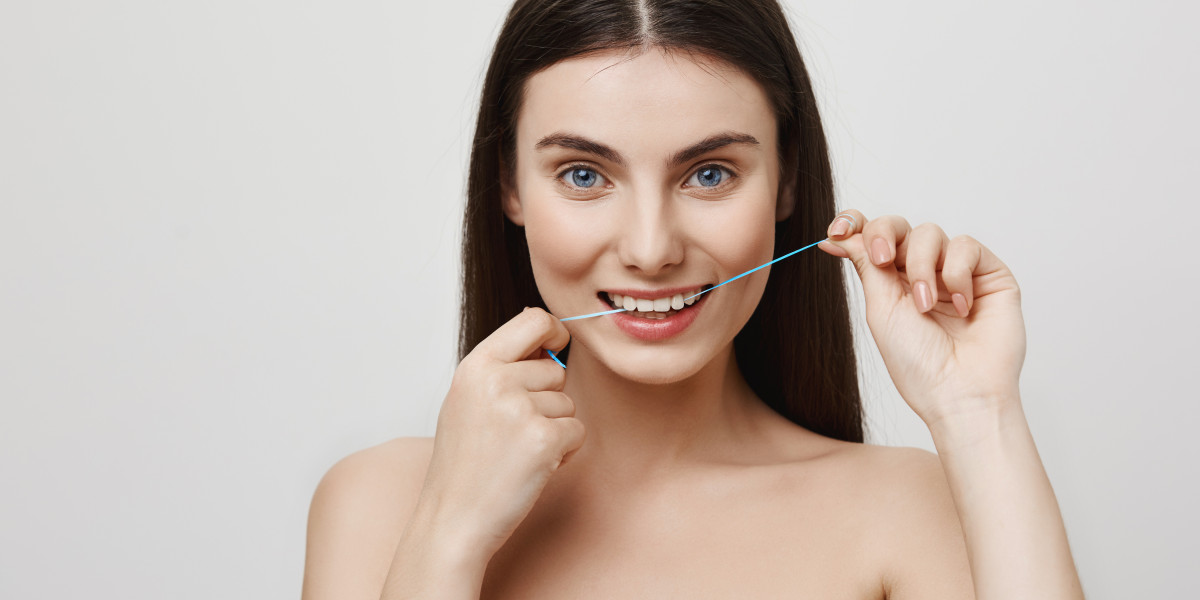lossing isn't just a bedtime ritual—many dentists now advise flossing after every meal. While it may sound excessive, this habit plays a crucial role in preventing oral and systemic health problems. At Healthmedsrx, we’re committed to educating patients on habits that promote total wellness, and flossing is one of them.
The Plaque Problem: Why It Matters
Every time you eat, food particles get trapped between your teeth. If not removed promptly, these particles become a buffet for bacteria, leading to the formation of plaque—a sticky film that coats the teeth and gums.
Left unchecked, plaque hardens into tartar, which can’t be removed by brushing alone. It harbors harmful bacteria that contribute to cavities, bad breath, and gum disease.
Bacteria and Biofilm: The Hidden Threat
The mouth hosts over 700 species of bacteria, many of which thrive in the plaque layer. These bacteria release acids that erode enamel and inflame the gums. Daily flossing disrupts the biofilm—the complex bacterial ecosystem—before it becomes pathogenic.
Flossing after each meal reduces the window of opportunity for harmful bacteria to multiply, helping keep your mouth cleaner and your gums healthier.
Gum Disease and Systemic Inflammation
Gingivitis, the early stage of gum disease, is caused by plaque buildup. If untreated, it progresses to periodontitis, a more serious condition that can destroy the bone supporting your teeth.
But the impact doesn’t stop in your mouth.
Research shows that oral bacteria and the inflammation they trigger can enter the bloodstream, potentially contributing to:
Cardiovascular disease
Diabetes complications
Respiratory infections
Adverse pregnancy outcomes
This phenomenon, known as systemic inflammation, highlights the mouth-body connection and why dental hygiene is about more than just a bright smile.
Why Flossing After Every Meal Works
Most people floss once a day—if at all. But by the time you get to it at night, bacteria have had hours to feed and grow. Flossing after every meal:
Removes trapped food immediately
Interrupts plaque formation
Reduces bacterial load
Lowers the risk of chronic inflammation
Think of it like washing your hands multiple times a day—not just once before bed.
Making It a Habit
You don’t need to carry a full dental kit to floss on the go. Consider these portable options:
Pre-threaded flossers
Dental picks
Interdental brushes
Keep a few in your bag, car, or office desk. It’s a small effort that delivers major health returns.
Final Thoughts from Healthmedsrx
At Healthmedsrx, we advocate for preventive care because it’s the best defense against long-term health problems. Flossing after every meal may seem like a small act, but it can have a big impact—not just on your oral health, but on your overall well-being.
Remember: A healthy mouth is a gateway to a healthy body. Don’t skip the floss.








